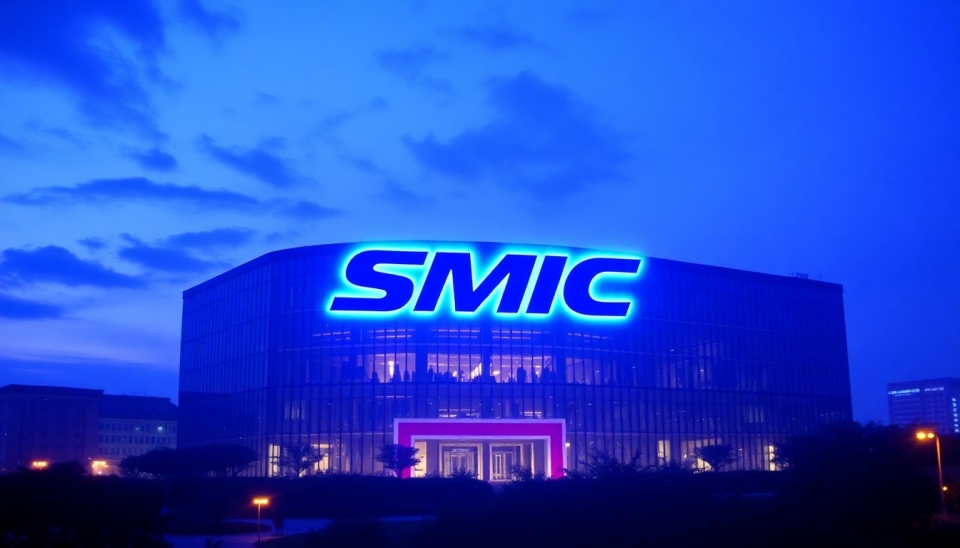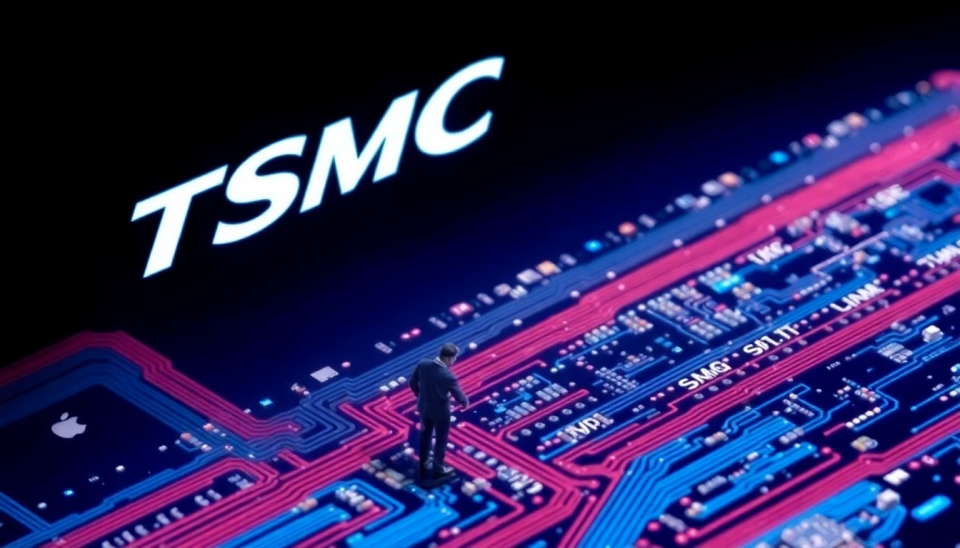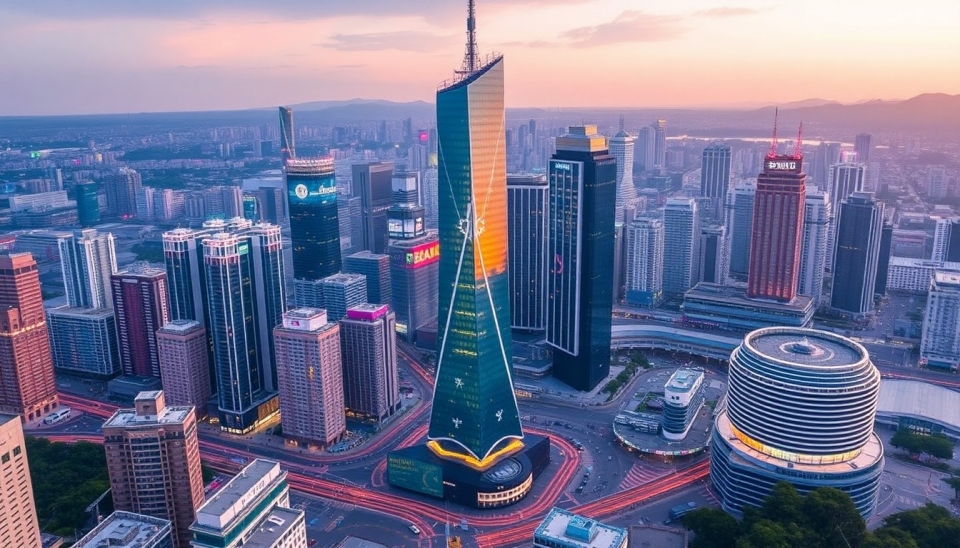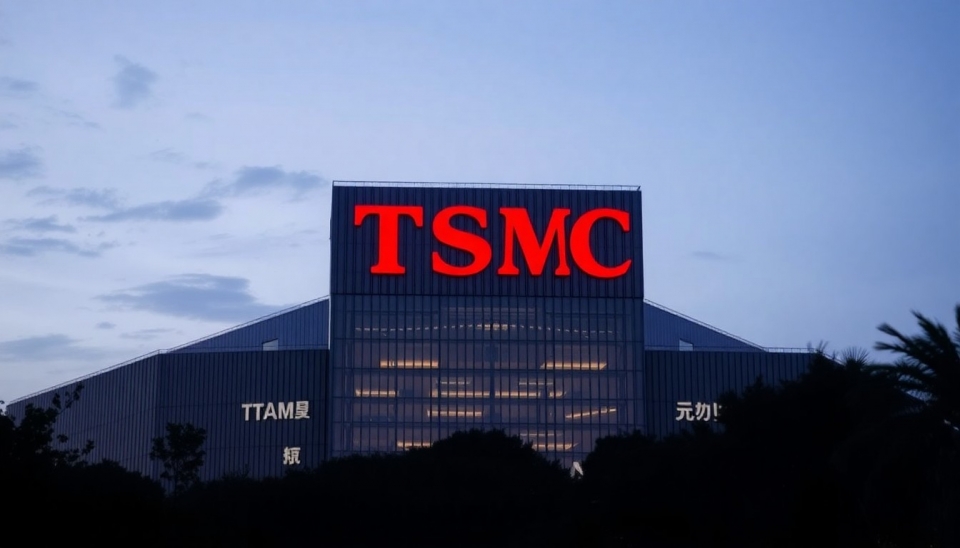
In a significant development in the semiconductor industry, Taiwan has launched an investigation into the Chinese chipmaker Semiconductor Manufacturing International Corporation (SMIC) for allegedly engaging in the unlawful poaching of skilled employees from Taiwanese firms. This move underscores the ongoing tensions between Taiwan and China amid the highly competitive global tech landscape.
The probe highlights Taiwan's ongoing concerns over intellectual property theft and the attraction of its talented workforce, particularly in sectors critical to national security and technological advancement. Taiwan boasts a dominant position in the semiconductor industry, with companies like Taiwan Semiconductor Manufacturing Company (TSMC) leading in cutting-edge technology and innovation.
Reports suggest that Taiwanese authorities are examining multiple instances where SMIC may have made efforts to entice engineers and technology specialists away from local companies, possibly offering lucrative salaries and benefits to lure them across the strait.
As Taiwan continues to deal with the implications of such moves, experts warn that the loss of talent could have significant repercussions on the island's technological prowess. With Beijing heavily investing in its semiconductor initiatives, the stakes are high for both sides as they compete for market dominance and technological supremacy.
The Taiwanese government has emphasized its commitment to protecting its intellectual property and the integrity of its semiconductor industry, which has become a critical component of the global tech supply chain. Officials are expected to closely monitor SMIC's activities and take appropriate measures to safeguard their resources, aiming to deter any further potential poaching attempts.
This development is set against a backdrop of escalating tensions between the two nations. The international semiconductor race, especially in light of geopolitical strife, is likely to intensify as countries look to bolster their domestic capabilities and secure their supply chains from external threats.
With both the U.S. and Europe investing heavily in their semiconductor industries, Taiwan's role remains pivotal. Policymakers in Taiwan understand that their edge in semiconductor technology must not only be protected but also leveraged to maintain a leading position in the global market.
As the investigation unfolds, the international community will be closely watching the relationship between Taiwan and China, particularly how this incident may influence future collaborations and competitions in the tech industry. The outcome could have broader implications, affecting trade policies and the geopolitical landscape in the Asia-Pacific region.
The ongoing rivalry over technology and talent will likely continue to be a defining issue not only for Taiwan and China but also for other countries caught in the crossfire, as they navigate complex economic and diplomatic waters in the global semiconductor sector.
#Taiwan #SMIC #Semiconductors #ChipIndustry #EmployeePoaching #IntellectualProperty #TechCompetition #Geopolitics
Author: Emily Collins




